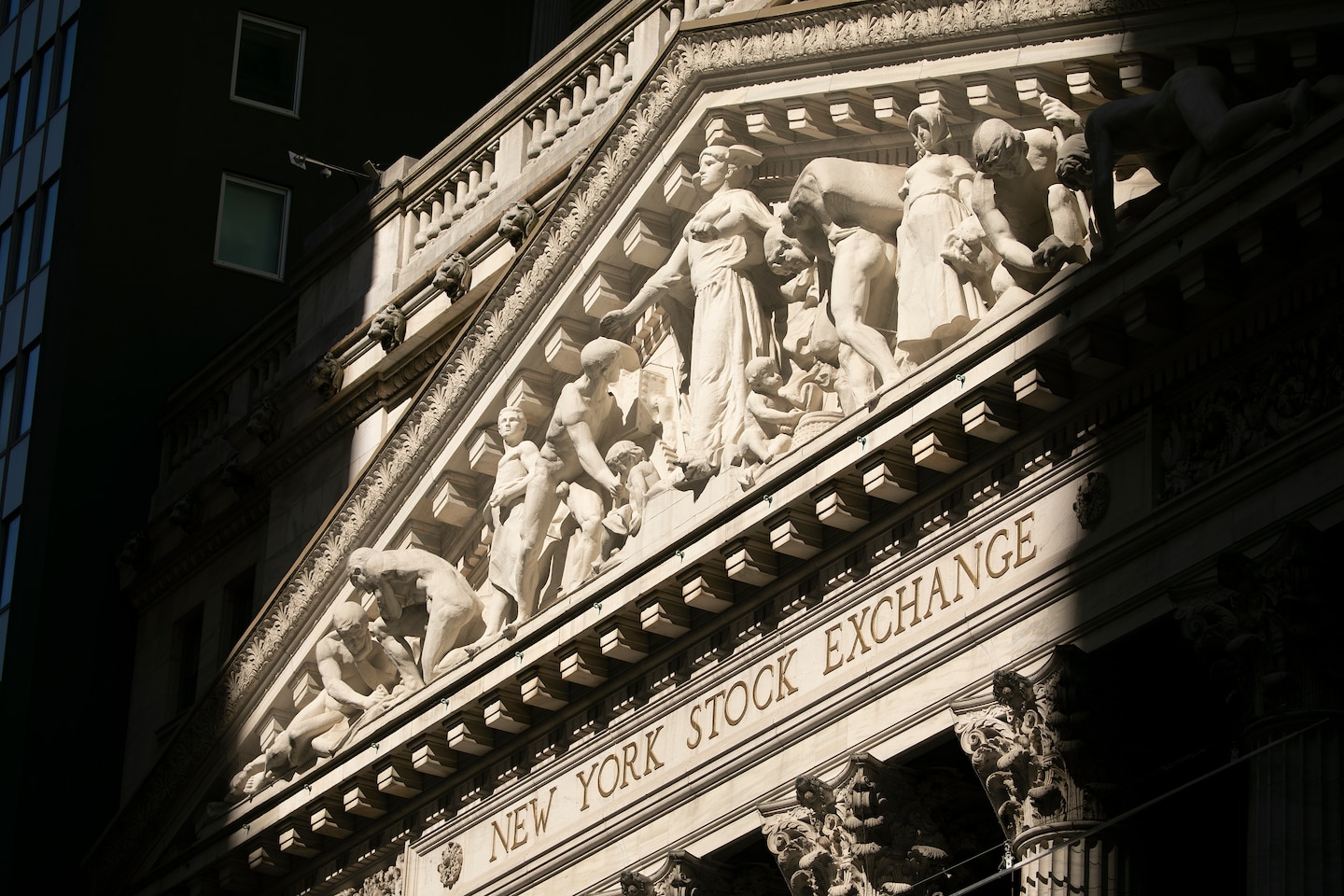Wall Street doesn’t care if Trump loses. Here’s why.

A rise in coronavirus deaths turns out to be good news for tech, telecom and drug companies and online retailers.
Warnings of disappointing sales and a fresh round of layoffs increase the probability of even more government stimulus.
The coming wave of defaults, bankruptcies and business closings turns into a golden opportunity for profit-enhancing mergers and acquisitions.
The latest threat to be discounted is the increasingly likely prospect that Democrats will sweep the 2020 elections, winning control of the White House and both houses of Congress. If that happens, the Senate filibuster will be history and Democrats will begin to exact their revenge on a business lobby that spent the past 25 years thwarting their legislative initiatives and financing the campaigns of their opponents.
Democrats may disagree about Medicare-for-all and the Green New Deal, but there are some things around which they will quickly coalesce:
*Repealing every deregulatory initiative of the Trump administration while imposing new restrictions on coal companies and the oil and gas industry;
*Repealing the Trump tax cuts and raising rates on business profits and profits made by individuals from the sale of stocks, bonds and real estate;
*Repealing tax loopholes that benefit hedge fund and private equity managers and real estate developers;
*Restricting stock buybacks;
*Taxing financial transactions to discourage rapid-fire computerized trading and the hedge fund profits it generates;
*Tripling the IRS budget for audits of corporate tax returns and crackdown on overseas tax shelters
*Launching aggressive antitrust cases to break up tech giants and telecom oligopolies
*Reforming the bankruptcy code to favor consumers and workers over banks and bottom-fishing hedge funds;
*Raising the minimum wage and reforming labor laws to make it easier for workers to unionize;
*Regulating, for the first time, the shadow banking system and derivatives market;
*Imposing price caps on prescription drugs, medical devices and hospital services;
*Overturning Supreme Court decisions limiting lawsuits against businesses by workers and consumers;
*Requiring disclosure of corporate political spending laundered through secretive front groups and sham nonprofits.
To my way of thinking, many of these initiatives are long overdue and will in the long run enhance the performance of the American economy and restore the moral legitimacy of American capitalism. To the business lobby, they represent a nightmare scenario. But whatever your view, there can be little doubt that in the short and medium run — the time horizon of most investors and corporate executives — these policy changes will reduce the profits of businesses and the incomes of those who own them.
For that reason, it’s easy to imagine that stock prices — already inflated by historical standards — could fall by 25 percent with a Democratic sweep. Bond prices and real estate values would suffer smaller but still significant declines.
The question, then, is why does Wall Street remain oblivious to this political threat, just as it has been seemingly oblivious to a resurgent pandemic and the tidal wave of layoffs, bankruptcies and business failures that is about to break over the American economy?
The reason has partly to do with an excess of confidence in Congress and the Federal Reserve to borrow and print enough money to keep Americans employed and businesses from collapsing. A Democratic president with a Democratic Congress is even more likely than Republicans to open the fiscal tap to put an income floor under every household and stimulate public and private employment through government spending and investment. And as long as the rest of the world is willing to keep lending us money and accepting dollars in repayment, why should we stop?
The problem is that once the economy gets hooked on this open-ended borrowing, spending and money printing, it becomes harder and harder to dial it back without causing painful convulsions. Financial markets used to understand that. But after more than 10 years of extraordinary fiscal and monetary stimulus, there are too many people on Wall Street who know no other reality or have somehow convinced themselves that the basic laws of accounting and economics no longer apply.
Investors have also been lulled into complacency over the past three decades in which Americans came to embrace the idea that the only way to keep the economy competitive and growing was to put investor interests above those of everyone else. It is hardly a coincidence that as business norms and public policy adapted to the idea that businesses exist to maximize value for shareholders, the share of national income going to holders of capital investors rose by more than five percentage points. This trillion-dollar-a-year redistribution from workers to investors has become so normal that few in the business world even question it.
A clean sweep in November would almost certainly reverse that process, moving the country toward a different kind of capitalism with a different purpose and a different distribution of national income. That prospect, however, is so outside the experience of today’s investors and business executives, and so at odds with their notion of how things are supposed to work, that they cannot imagine it — let alone calculate how it might reduce value of their shares. So they are left to hope that a polarized politics, a weakened economy and some well-financed lobbying will stymie the Democratic agenda.
That may have once been possible, but no longer. Donald Trump, Mitch McConnell and the Freedom Caucus changed all that, as did the murder of George Floyd. Now the faux populism of the Republican Party is about to give way to the real populism of angry and vengeful Democrats. And by all appearances, the Wall Street wiseguys don’t have a clue about what’s coming their way.






